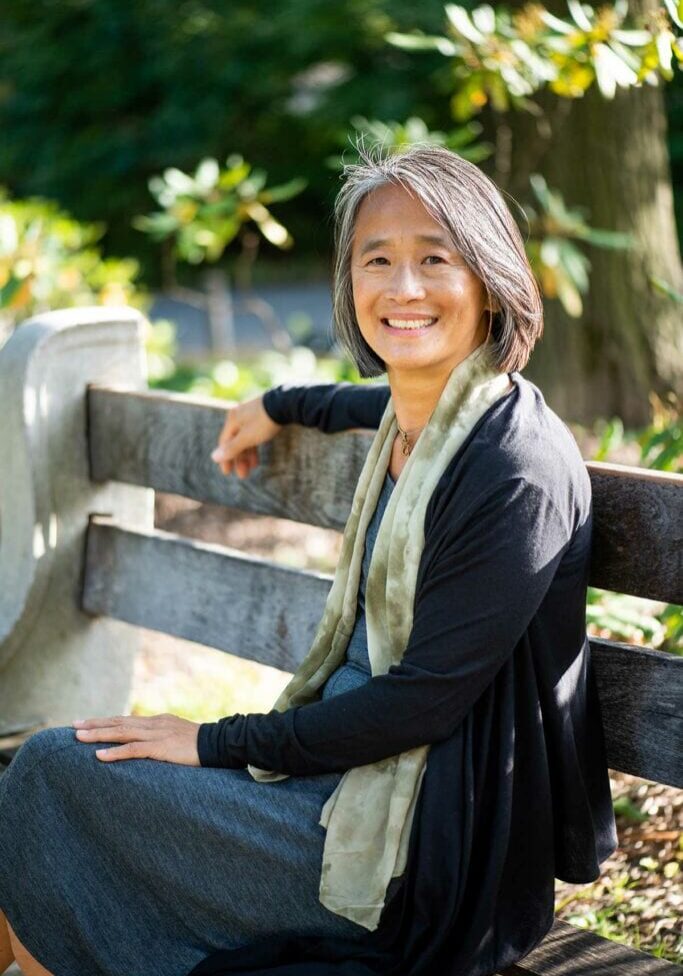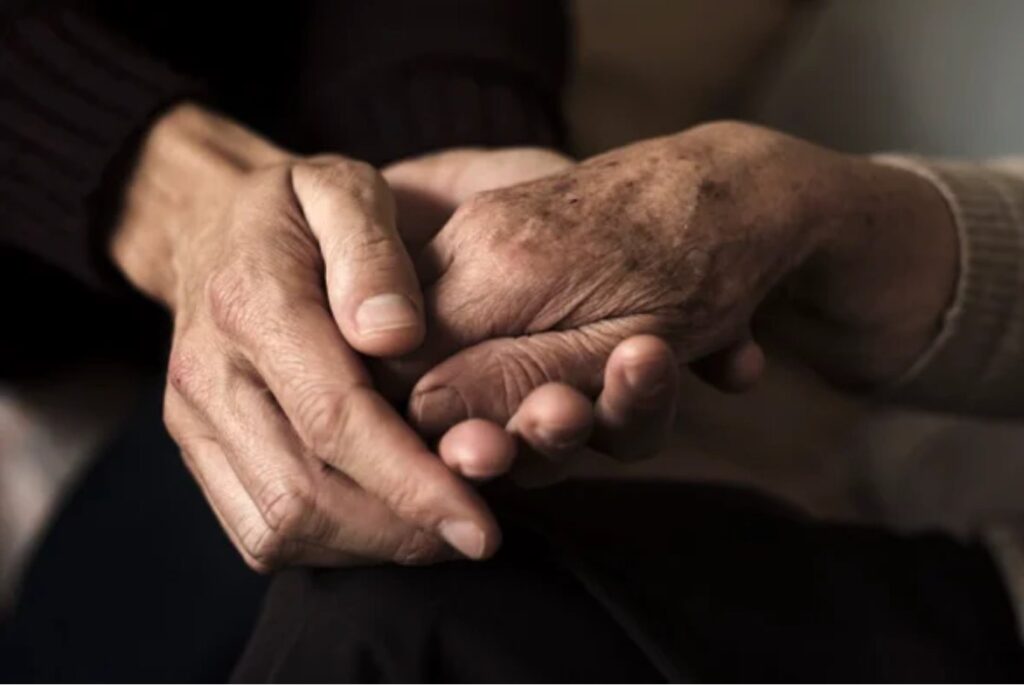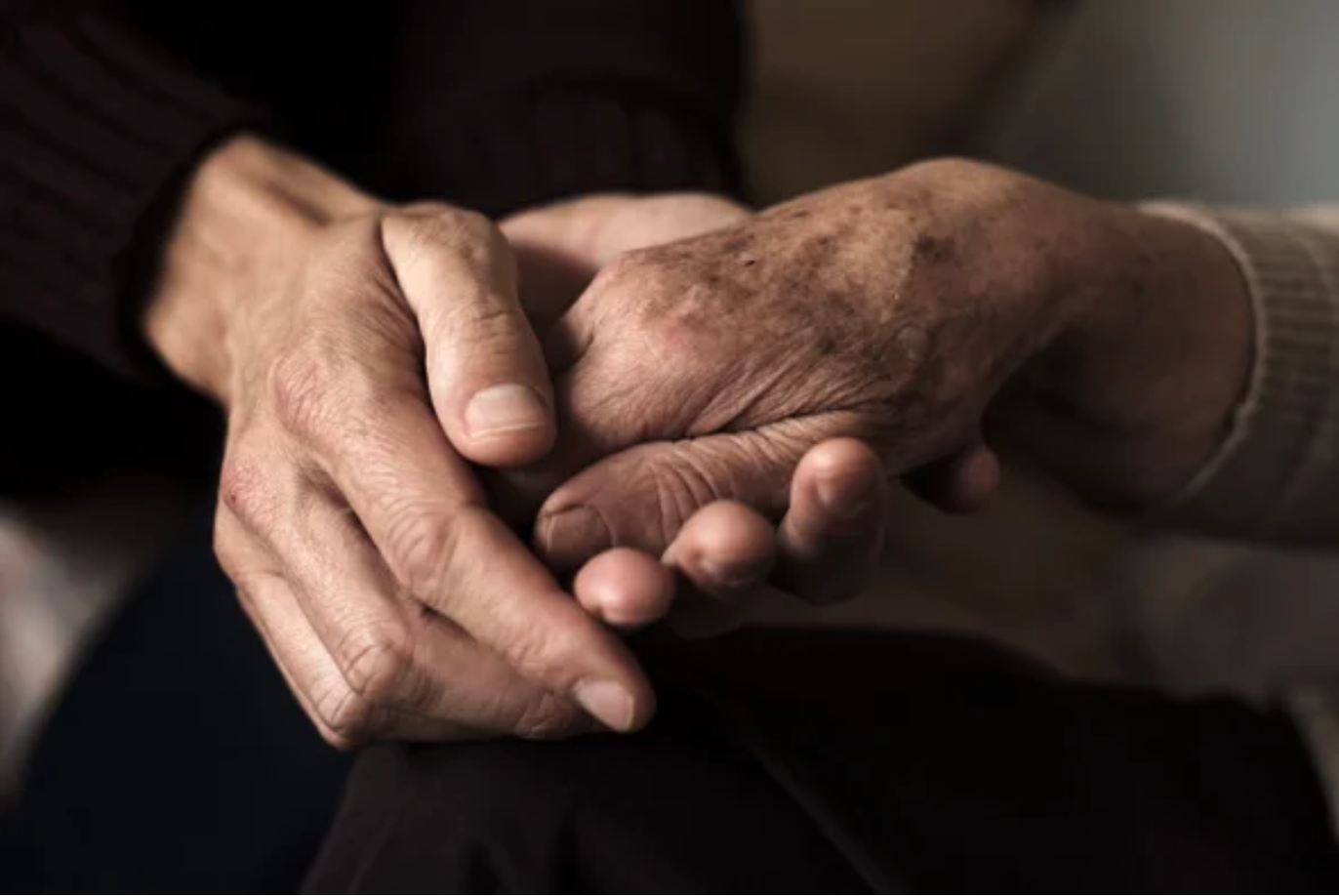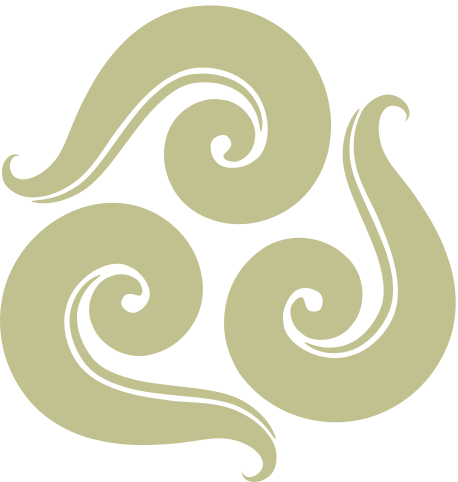Virginia Chang, Ph.D.
Certified End -of -Life DoulaHow do you want to live until the very last moment?
Virginia Chang, Ph.D.
Certified End -of -Life DoulaHow do you want to live until the very last moment?
Till The Last End -of -Life Doula Services

Till The Last provides end-of-life doula services for those thinking about or approaching death. We will support you and your family and loved ones with professional and individualized emotional, spiritual, and physical care. This means engaging you and your loved ones before, during, and after death. We will be an advocate for your wishes and needs in the end-of-life process and offer you guidance, information, and resources, as needed.
We recognize that it is important to observe the plan of care and will communicate with your established professional healthcare team. At Till The Last, we commit to providing you with the highest quality of care possible.
List of Services Includes:
-
companion to the dying person and their loved ones, specializing in emotional support at end of life
-
facilitator for unresolved issues or family dynamics
-
advice and assistance on Advance Care Directives
-
life review/finding meaning
-
legacy work
-
meditation and breath awareness
-
rituals and ceremonies
-
respite support
-
vigil planning and support
-
end of life planning: wake, funeral, memorial, burial, cremation, eco-friendly alternatives
-
grief processing and support
-
resource referral for other care services, such as acupuncture, music thanatology, reiki, massage
-
Voluntary Stopping of Eating and Drinking (VSED)
care and support -
Medical Aid in Dying (MAiD) care and support
-
celebrant
I am committed to supporting ALL individuals and their loved ones at end of life.
I honor all relationships and identities and want everyone in my care to feel seen and affirmed for who they are.
Since the health and personal circumstances of each person vary, the cost for end-of-life doula services varies.
The initial consultation will be at no cost. Based upon your individual needs and timeframe, a package price will be determined,
and a Service Agreement will be completed before our work begins.
All personal and medical information will be held strictly confidential.
Read Virginia’s Essay in the June 2021 issue of Scientific American

How End-of-Life Doulas Help Ease the Final Transition
scientificamerican.com
By Virginia Chang
HEALTH - Birth and death are the bookends of life, yet we welcome one and dread the other. Why is it that birth is celebrated, but death is taboo?
When a friend was expecting her first child, she needed additional support through her pregnancy, so she hired a birth doula. The idea of women helping other women during childbirth is not new. Since the beginning of time, women have labored and birthed at home, attended by a midwife and their female friends and kin. This
previously common comradery of women was a way to provide birth support and to also pass on knowledge about pregnancy, childbirth, and parenting.
The natural birth movement of the 1960’s begged a return to this approach with women demanding unmedicated, less interventional births. Hence, the inception of the birth doula—a non-medical caregiver who assisted pregnant women in the transition to motherhood.
Can the same idea apply to death? The evolution of death care has followed a similar trajectory to that of childbirth care. For most of human history, people were cared for and died at home, with corpses even displayed on the dining room table for mourning. This began to change in the mid-20th century as society saw great advancements in medical technology for diagnosis and treatment of illnesses. These developments moved healthcare away from the local doctor, who made house calls, to inpatient stays at hospitals. When people fell ill, they went to the hospital and eventually died there. In 1980, 60.5% of people died in hospitals. This number peaked in the mid-1980’s, but has since steadily decreased in response to a growing movement for death to be less medicalized, less institutionalized, and more natural. By 2016, half as many people (29.4%) were dying in hospitals, roughly equaling the number of people dying at home (30.5%). While this trend is encouraging, these numbers still do not reflect the fact that 71% of people would prefer to die at home.
I am a death doula, or what is now more commonly termed an end-of-life doula. This role grew out of the increasing awareness of and desire for more humane and compassionate ways to die. Similar to birth doulas, end-of-life doulas are non-medical professionals offering emotional, spiritual, informational, and physical support—not at birth, but at the other end of the spectrum of life—at death.
Read Virginia’s Essay in the June 2021 issue of Scientific American

How End-of-Life Doulas Help Ease the Final Transition
scientificamerican.com
By Virginia Chang
HEALTH - Birth and death are the bookends of life, yet we welcome one and dread the other. Why is it that birth is celebrated, but death is taboo?
When a friend was expecting her first child, she needed additional support through her pregnancy, so she hired a birth doula. The idea of women helping other women during childbirth is not new. Since the beginning of time, women have labored and birthed at home, attended by a midwife and their female friends and kin. This previously common comradery of women was a way to provide birth support and to also pass on knowledge about pregnancy, childbirth, and parenting.
The natural birth movement of the 1960’s begged a return to this approach with women demanding unmedicated, less interventional births. Hence, the inception of the birth doula—a non-medical caregiver who assisted pregnant women in the transition to motherhood.
Can the same idea apply to death? The evolution of death care has followed a similar trajectory to that of childbirth care. For most of human history, people were cared for and died at home, with corpses even displayed on the dining room table for mourning. This began to change in the mid-20th century as society saw great advancements in medical technology for diagnosis and treatment of illnesses. These developments moved healthcare away from the local doctor, who made house calls, to inpatient stays at hospitals. When people fell ill, they went to the hospital and eventually died there. In 1980, 60.5% of people died in hospitals. This number peaked in the mid-1980’s, but has since steadily decreased in response to a growing movement for death to be less medicalized, less institutionalized, and more natural. By 2016, half as many people (29.4%) were dying in hospitals, roughly equaling the number of people dying at home (30.5%). While this trend is encouraging, these numbers still do not reflect the fact that 71% of people would prefer to die at home.
I am a death doula, or what is now more commonly termed an end-of-life doula. This role grew out of the increasing awareness of and desire for more humane and compassionate ways to die. Similar to birth doulas, end-of-life doulas are non-medical professionals offering emotional, spiritual, informational, and physical support—not at birth, but at the other end of the spectrum of life—at death.

